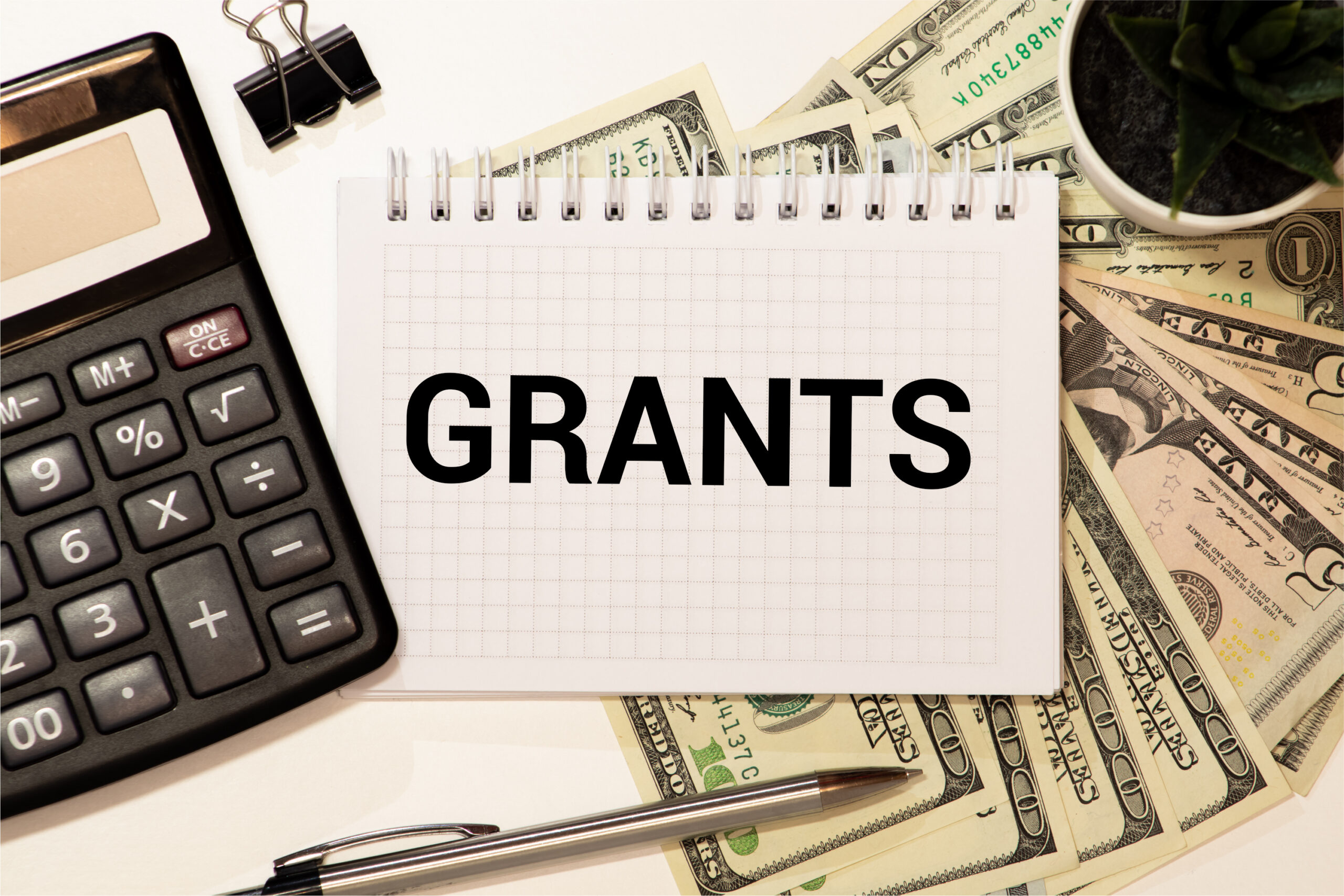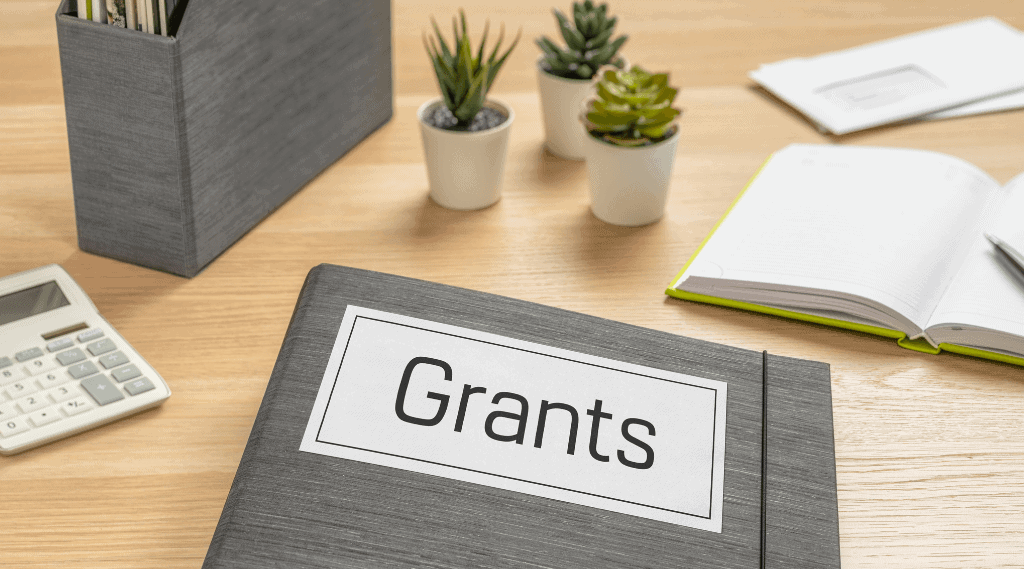I’ve spent years honing my grant writing skills and learning that turning a good proposal into a winning one can feel almost magical.
Grant writing is part art and part science, and I’m here to share my personal journey and practical advice on how to stand out in this competitive field.
If you’re passionate about supporting great projects with funding, mastering grant writing might be the game changer you need.
What Does It Mean to Be a Grant Writing Unicorn?
A grant writing unicorn isn’t just someone who sends out proposals. It’s someone who understands the needs of funders, crafts a clear and compelling narrative, and uses proven strategies to boost the chances of success.
In simple terms, it’s about blending creativity with a strategic approach to win over decision-makers.
Statistics from the Grant Professionals Association show that a well-prepared proposal can increase your funding success rate by up to 20%, making every bit of effort count.
Just Before You Go
Empower individuals to overcome barriers, gain essential skills, and secure gainful employment through our proven programs—KeelMaster, KeelWings, and KeelMate. Your support can spark change and build brighter futures.
Donate NowWhy Good Grant Writing Matters
Good grant writing can make a real difference for organizations and communities alike. It’s not only about securing funds—it’s about telling a story that resonates with funders and demonstrates genuine impact.
I’ve seen firsthand how a clear, human story combined with concrete data can move a proposal from being overlooked to being the one that gets funded.
Here are a few key points on why effective grant writing is essential:
- Clear Communication: A strong proposal cuts through the clutter. It communicates needs and outcomes in plain language.
- Increased Funding Chances: Studies suggest that professional grant writers often see improved success rates. A little extra polish on your proposal can lead to higher chances of receiving funds.
- Building Relationships: Grant writing isn’t just a one-time task. It’s about creating a lasting connection with funders that can lead to long-term support.
- Empowering Communities: Whether you’re working for a nonprofit, school, or community project, a well-crafted proposal can bring dreams to life by securing the resources needed.
How Do I Become a Grant Writing Unicorn?
1. Understand Your Audience
Before writing anything, take time to research the funder. Learn what projects they support and what their priorities are. This simple step can transform your proposal from generic to truly tailored.
Tip: Create a checklist of key questions about the funder’s interests and use it every time you draft a proposal.
2. Tell a Compelling Story
People connect with stories, not just statistics. Even though numbers matter, it’s the personal narrative that truly engages. Describe the challenges, the journey, and the change that funding can create.
Tip: Include a mix of human interest and hard facts to create a balanced narrative.
3. Build a Strong Case
A successful proposal relies on clear evidence that your project is both needed and effective. Use data from reliable sources. For instance, research from Candid’s GrantSpace can help you back up your claims with robust statistics.
Tip: Incorporate recent statistics, but keep your language simple and direct.
4. Follow the Guidelines
Funders often provide detailed instructions on what they expect in a proposal. Following these guidelines precisely shows attention to detail and respect for the process.
Tip: Create a checklist for each grant application to ensure that every requirement is met.
5. Edit, Edit, Edit
Once you’ve written your draft, step back and review it. Ask a trusted colleague or friend to look at your proposal with fresh eyes.
Polishing your work can be the difference between success and rejection.
Tip: Reading your proposal out loud can help you catch errors and awkward phrasing.
6. Keep Learning and Evolving
The grant writing world is always changing. Staying updated on the latest trends, tools, and success stories can keep you ahead of the curve.
I find that online courses, workshops, and networking with other grant writers are invaluable.
Tip: Follow blogs, attend webinars, and join professional groups like the Grant Professionals Association to continuously improve your skills.
Additional Resources to Boost Your Skills
Here are some helpful links and resources that I’ve found to be incredibly useful:
- Grant Professionals Association: Offers professional development opportunities and resources for grant writers. Visit their website.
- Candid’s GrantSpace: A comprehensive hub for grant research, training, and data. Explore GrantSpace.
- Online Courses: Platforms like Coursera and Udemy offer specialized courses in grant writing that can refine your skills. For example, check out courses on Udemy’s Grant Writing.
These resources are a great starting point if you’re looking to deepen your understanding and enhance your capabilities in grant writing.
Frequently Asked Questions
What makes someone a grant-writing unicorn?
A grant writing unicorn blends a clear, engaging narrative with a data-driven approach. It’s about knowing your audience, following guidelines meticulously, and continuously learning to stay current in the field.
How long does it take to become a proficient grant writer?
It varies by person, but many see significant improvements within a few months of focused practice and feedback. Consistent practice and learning are key to refining your style and approach.
Are there any courses or certifications recommended for new grant writers?
Yes, many online platforms offer courses on grant writing. Certification programs by organizations like the Grant Professionals Association can also lend credibility to your skills and provide structured learning.
Can grant writing skills be applied to other areas of professional writing?
Absolutely. The skills you develop—clear communication, persuasive storytelling, and attention to detail—are valuable in many types of professional writing, including proposals, reports, and even content marketing.
Bringing It All Together
The journey to becoming a grant-writing unicorn is filled with learning, persistence, and a genuine passion for making a difference.
I’ve seen that successful proposals are built on clarity, honesty, and a genuine connection to the project’s goals. Each grant application is an opportunity to share a story that matters, backed by solid research and data.
I encourage you to take a moment and reflect on your current approach. Are there areas where you can simplify your language, strengthen your case, or tailor your narrative more precisely to your audience?
Sometimes, the smallest adjustments can lead to the biggest improvements in how your proposal is received.
Remember, the process of becoming a standout grant writer isn’t about having all the answers right away. It’s about a commitment to learning and a willingness to adapt. Every proposal you write is a chance to improve, and every piece of feedback is a step toward mastery.
I also believe that networking with fellow professionals can provide new insights and strategies. Engaging in communities and discussion groups can not only boost your skills but also open doors to new opportunities and collaborations.
Final Thoughts
Grant writing is more than just a skill—it’s a powerful tool to transform ideas into reality. When you can communicate the heart and soul of a project through your writing, you are in a position to make a lasting impact.
I’ve learned that success in grant writing comes from combining data with storytelling, a touch of creativity with rigorous research, and persistence with a continuous desire to learn.
Before I wrap up, I’d like to leave you with a question to ponder: How do you plan to become a grant writing unicorn in your next proposal?
I look forward to hearing your thoughts and learning about the unique steps you take on your journey to mastering grant writing.
Just Before You Go
Empower individuals to overcome barriers, gain essential skills, and secure gainful employment through our proven programs—KeelMaster, KeelWings, and KeelMate. Your support can spark change and build brighter futures.
Donate Now



